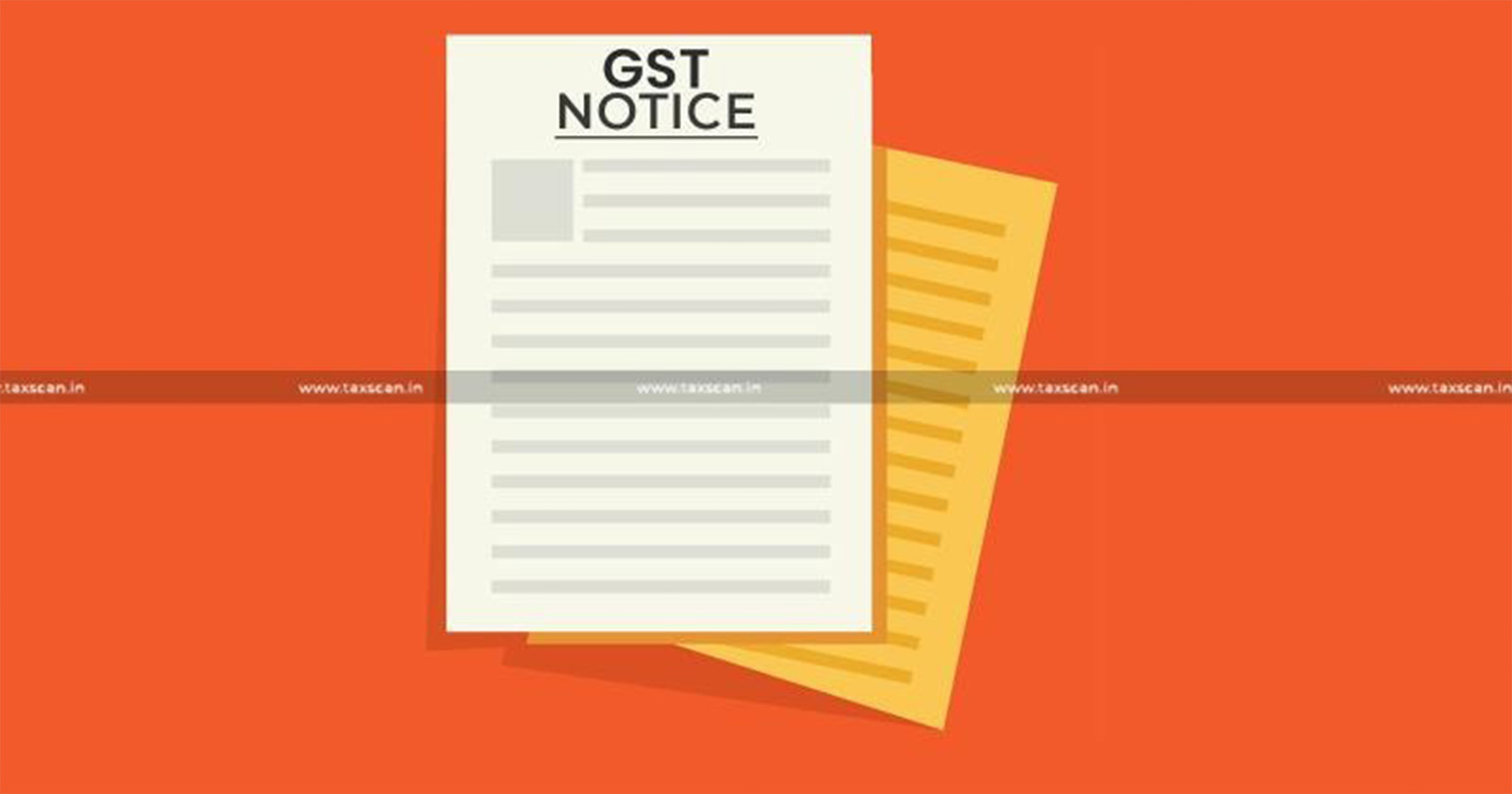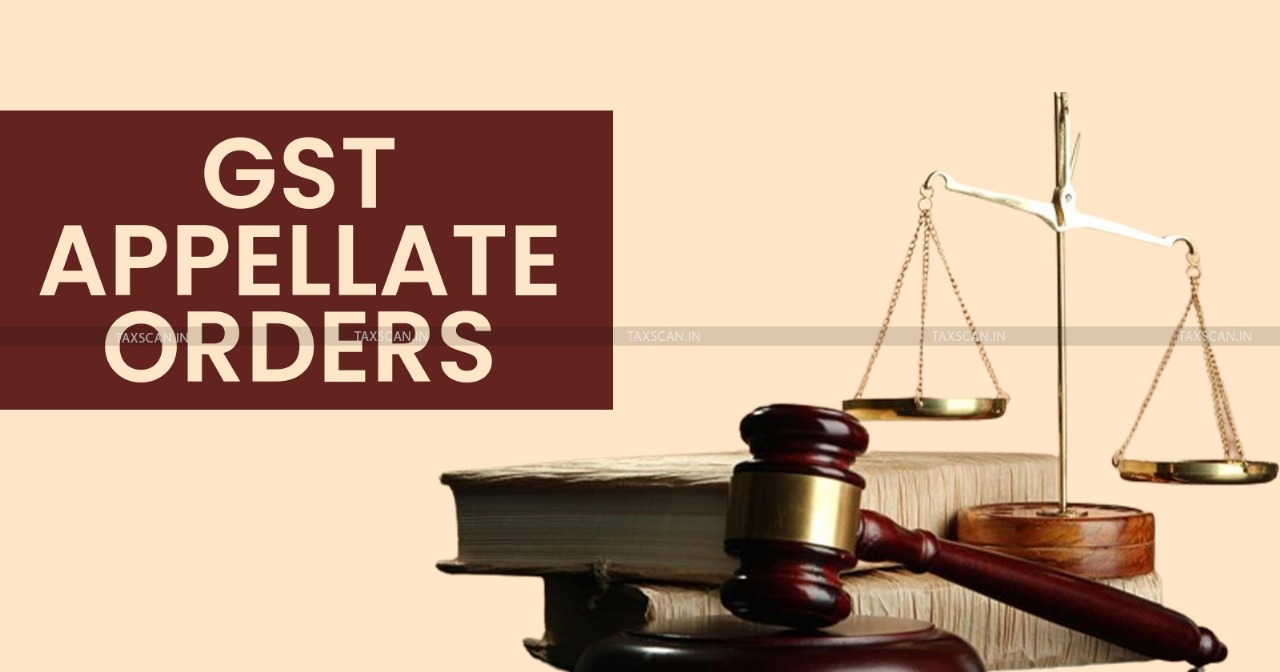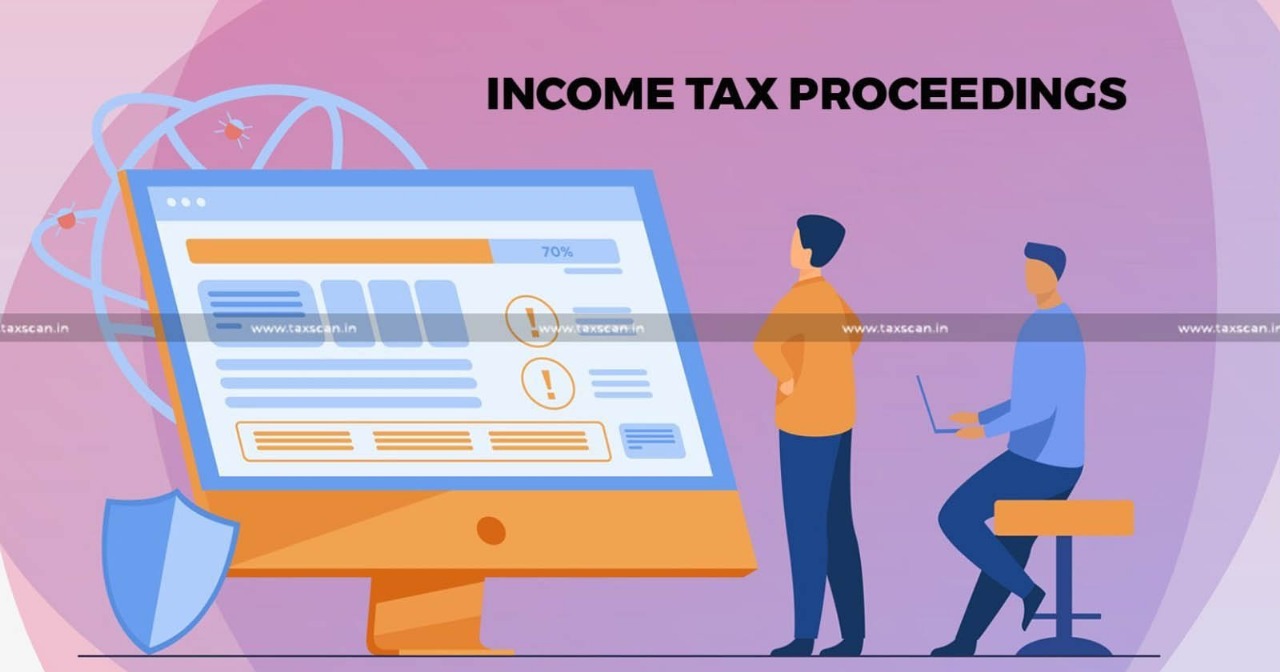Income Tax Dept. Can’t Deny Adequate Time for SCN Reply Citing Limitation, Must Initiate Proceedings Earlier: Madras HC Grants Relief to Tamil Nadu Power Corp. [Read Order]
The Madras High Court was critical of the Revenue’s decision in passing the assessment order within 5 days of issuing the show-cause notice
![Income Tax Dept. Can’t Deny Adequate Time for SCN Reply Citing Limitation, Must Initiate Proceedings Earlier: Madras HC Grants Relief to Tamil Nadu Power Corp. [Read Order] Income Tax Dept. Can’t Deny Adequate Time for SCN Reply Citing Limitation, Must Initiate Proceedings Earlier: Madras HC Grants Relief to Tamil Nadu Power Corp. [Read Order]](https://images.taxscan.in/h-upload/2025/07/04/2059088-income-tax-department-income-tax-department-cant-deny-adequate-time-taxscan.webp)
The Madras High Court recently granted relief to the Tamil Nadu Power Distribution Corporation Ltd. (TNPDC) in a dispute concerning the Income Tax Department’s denial to provide TNPDC adequate time to respond to a Show Cause Notice (SCN) issued by the Income Tax Department citing reasons of being barred by limitation.
The respondent Joint Commissioner of Income Tax, TDS Circle 3(1), Chennai, and the Commissioner of Income Tax (TDS), Chennai, passed assessment orders against TNPDC under Section 201/201(1A) of the Income Tax Act for the assessment years 2018-19 and 2019-20.
 Also Read:Delayed Service of GST Notice Hardcopy: Madras HC Condones 142-Day Delay and Allows Tax Appeal [Read Order]
Also Read:Delayed Service of GST Notice Hardcopy: Madras HC Condones 142-Day Delay and Allows Tax Appeal [Read Order]
The orders were challenged by the TNPDC through two writ petitions.
The petitioner’s main grievance was that the department had granted them only two days to file a reply to the SCN dated 24.03.2025. The petitioner replied to the SCN on 28.03.2025 contended that the time provided was grossly inadequate and requested at least four weeks’ time to file a comprehensive reply.
Understanding Common Mode of Tax Evasion with Practical Scenarios, Click Here
Despite this request, the petitioner was served another SCN on the same day, requiring a response by 5 P.M. on 29.03.2025; the department proceeded to pass the impugned assessment orders on 29.03.2025, citing the impending limitation period as justification for the hurried process.
 Also Read:“Reasons is the Heartbeat of Every Conclusion”: Himachal Pradesh HC Quashes GST Appellate Order Dismissing Appeal on Limitation without Due Reasoning [Read Order]
Also Read:“Reasons is the Heartbeat of Every Conclusion”: Himachal Pradesh HC Quashes GST Appellate Order Dismissing Appeal on Limitation without Due Reasoning [Read Order]
P.S. Raman and Subbaraya Aiyar Padmanabhan, reiterated the petitioner’s submissions before the high court - specifically referring to the vast volume of data required to be collected from their 72 units across the state. It was further argued that if the limitation was genuinely a concern, the department should have initiated proceedings well in advance, rather than issuing the SCN just days before the deadline for passing assessment orders.
On the other hand, Dr. B. Ramaswamy, Senior Standing Counsel for the Revenue, maintained that adequate opportunity was provided to the petitioner, pointing to previous notices and reminders issued earlier in March 2025. He further contended that the petitioner repeatedly sought extensions rather than responding to the queries raised.
Understanding Common Mode of Tax Evasion with Practical Scenarios, Click Here
The Bench of Justice Krishnan Ramasamy, observed that if limitation truly was the basis for restricting the time for reply, the department ought to have acted with greater diligence and issued the show cause notice much earlier.
 Also Read:Dispute Over Email ID in Income Tax Proceedings leading to Ex Parte Order: Madras HC Directs Fresh Consideration [Read Order]
Also Read:Dispute Over Email ID in Income Tax Proceedings leading to Ex Parte Order: Madras HC Directs Fresh Consideration [Read Order]
The Court found fault with the department’s process, noting that passing assessment orders within just five days of issuing the SCN, on the grounds of limitation, deprived the petitioner of a reasonable opportunity to present its case.
Consequently, the Court set aside the impugned orders and remanded the matter for fresh consideration, subject to the petitioner depositing sums totalling ₹5 lakhs to specified charitable institutions as agreed. The Court further directed the department to grant the petitioner six weeks to file a detailed reply, followed by a 14-day notice for personal hearing before passing fresh orders on merits.
Support our journalism by subscribing to Taxscan premium. Follow us on Telegram for quick updates


